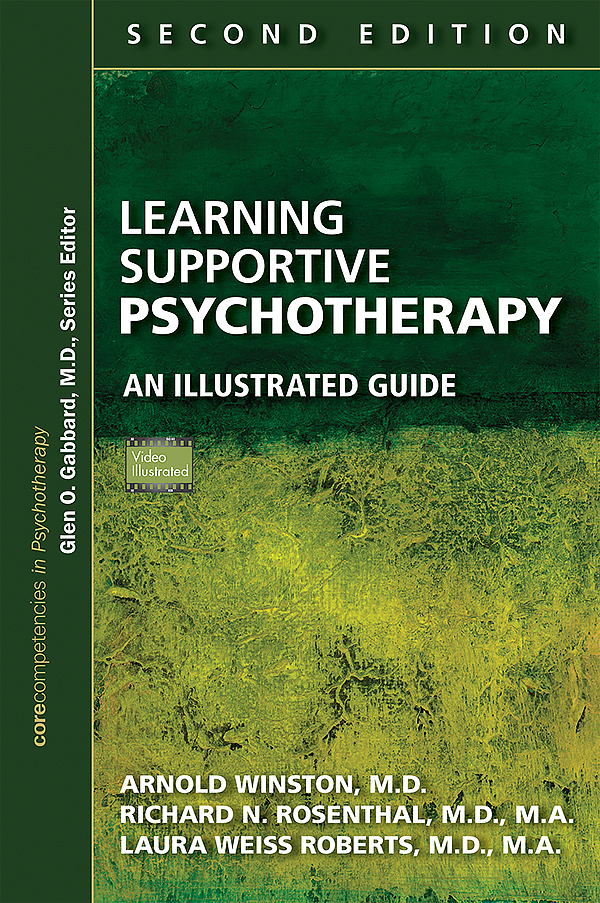Sections
Excerpt
The Accreditation Council for Graduate Medical Education (ACGME) defined six areas of competence for medical trainees: 1) patient care, 2) medical knowledge, 3) practice-based learning and improvement, 4) interpersonal and communication skills, 5) professionalism, and 6) systems-based practice (ACGME Outcomes Project 2000). Although outlining and describing areas of competence are within grasp at the present time, the tasks of defining, evaluating, and measuring competence of trainees are more complex. Development of measurement tools and their application to specific areas of competence is under way but still in an early stage. The ACGME suggested a dozen methods of measuring competence. These methods, which the ACGME labeled “the Toolbox,” include various types of written, oral, and clinical examinations; a combined assessment approach of patient, family, supervisors, and others; record reviews; portfolios and case logs; simulations, models, and use of standardized patients; and evaluation of live or recorded performance. The Residency Review Committee for Psychiatry chose five types of psychotherapy in which residents in psychiatry must be certified as competent by their training programs, but a few years later decreased this requirement to three types: supportive, psychodynamic, and cognitive-behavioral psychotherapies (ACGME 2007). In this chapter, we outline our approach to evaluating competence of psychiatry trainees in one of these three psychotherapies—namely, supportive psychotherapy.
Access content
To read the fulltext, please use one of the options below to sign in or purchase access.- Personal login
- Institutional Login
- Sign in via OpenAthens
- Register for access
-
Please login/register if you wish to pair your device and check access availability.
Not a subscriber?
PsychiatryOnline subscription options offer access to the DSM-5 library, books, journals, CME, and patient resources. This all-in-one virtual library provides psychiatrists and mental health professionals with key resources for diagnosis, treatment, research, and professional development.
Need more help? PsychiatryOnline Customer Service may be reached by emailing [email protected] or by calling 800-368-5777 (in the U.S.) or 703-907-7322 (outside the U.S.).



